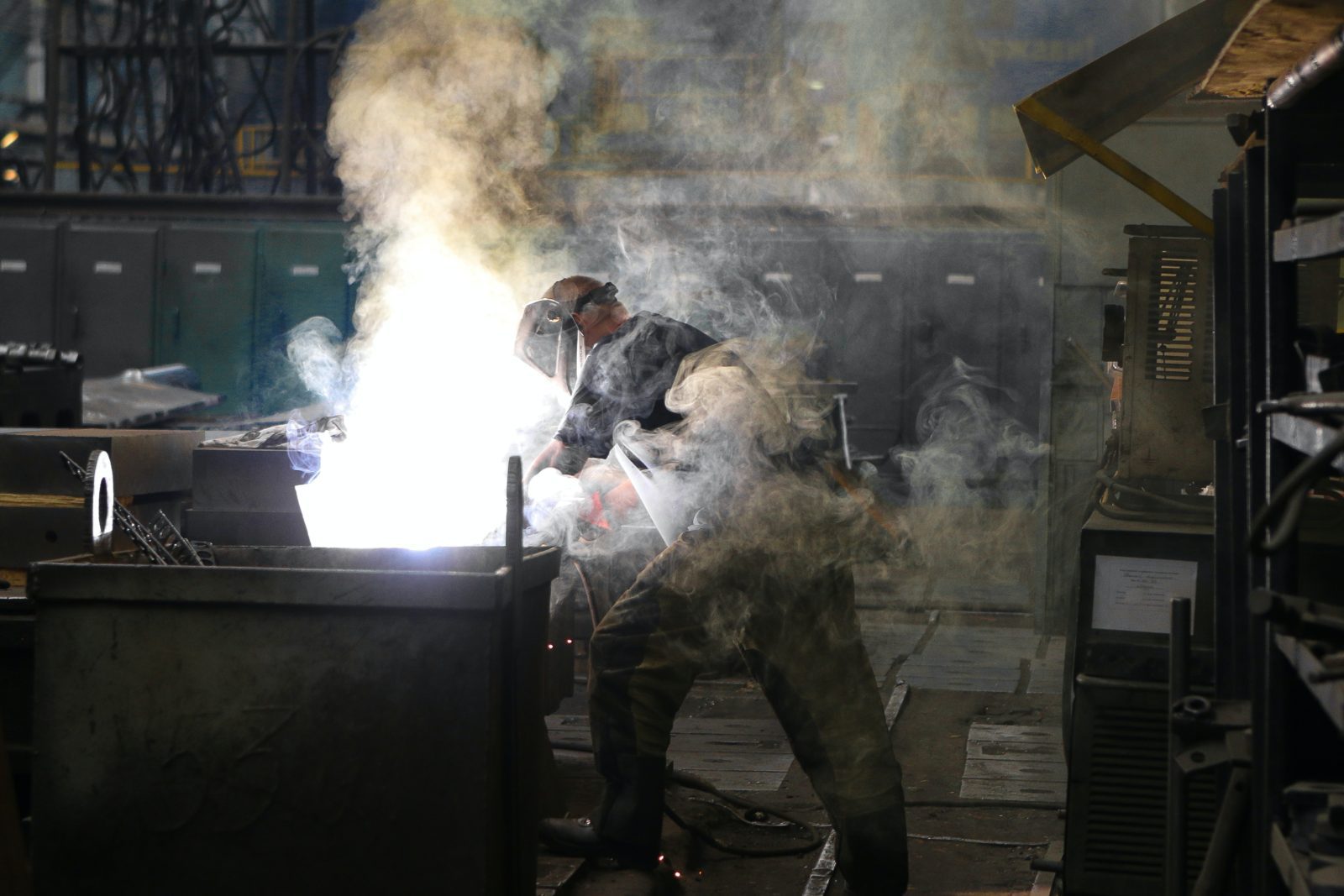Expensive energy and high inflation are crushing consumers, producers, and service providers. Neighboring Germany, Europe’s largest economy and a key market for domestic firms, is slipping into recession. This dangerous cocktail has dragged many companies into losses and threatens layoffs for employees.
In a survey by the Chamber of Commerce (CC) at the end of August, a fifth of firms said they were considering staff cuts. In September, as in August, 13 firms reported their intention to make mass redundancies to the labor authorities, the highest number this year.
However, the situation is not as dire everywhere as it seemed recently, especially in the energy sector. In some places, plans to close have been reconsidered, including the example of the glassworks in Harrachov, whose difficult situation was recently mentioned by Alena Schillerová, deputy chairwoman of the opposition ANO party, when she criticized the government’s lack of assistance to businesses.
František Novosad, the owner of the glassworks and microbrewery in Harrachov, said that the company would not eventually discontinue production, as he had previously predicted. He does not intend to lay off any of his 90 employees.
In contrast, the Květná 1794 glassworks in Strání, Slovácko, Zlín Region, has recently added new employees, with 100 of them working there now. The company’s director managed to buy gas in the spring with the price fixed until 2025. Although the company is breaking even economically, it has money left to invest in a new electric furnace and solar panels, which will help in the future.
According to the company’s management, Sedlecký kaolin, which processes kaolin but also bentonite, clay, and sandstone, mainly in western Bohemia, is not planning to take radical steps such as laying off employees.
Experience from COVID
HK spokesman Miroslav Dir said the situation has changed since the September survey, and companies may have rethought their layoff plans. He admitted, however, that this mainly affects smaller and medium-sized enterprises, for which the government is capping energy prices in January.
Businesses realize they cannot afford to lose experienced employees with skills that are in short supply in the labor market. Recruiting new ones would be very costly if they were to lay them off.
Creditas economist Petr Dufek sees it similarly. “Covid’s experience should put a brake on the companies’ layoffs because they have perhaps already understood that it is not easy to get workers back. This is still evident in some service industries today,” he said.
It is difficult to predict how significantly companies will eventually have to lay off workers. Traditionally, there would be a cascade from agency workers through cost and wage savings to core employees.
According to a September report to the labor authorities, the 13 firms mentioned above were considering mass layoffs, affecting 918 of their employees. “These include helpers in mining, construction, production, and transport, as well as drivers and operators of mobile equipment or machinery,” Kateřina Beránková, a spokeswoman for the Czech Labor Office, told Právo, adding that the main official reason was “organizational changes.”
However, more employees were affected by the mass layoffs in March and August this year, when 2,000 people were reported.
However, dozens of tribal employees out of several hundred had to be laid off recently, for example, by rope manufacturer Lanex or bag manufacturer Conrop in northern Moravia. In addition to the rising cost of energy and materials, the company cited growing foreign competition as one of the reasons.
Although layoffs and loss of income are always painful, finding a new job, even in a different industry or location, should not be that difficult.
The unemployment rate in September was only 3.5 percent, and employers reported 306,098 vacancies to the employment offices. Although experts say this figure is probably an overestimate, plenty of jobs are still available.






Dear immortals, I need some wow gold inspiration to create.